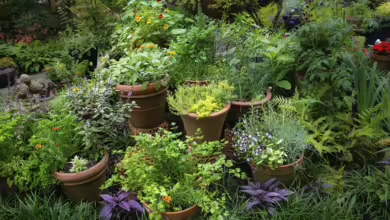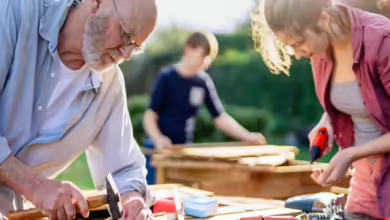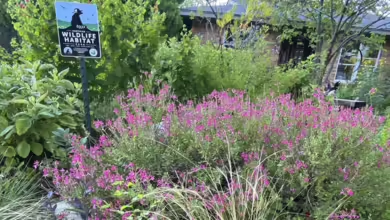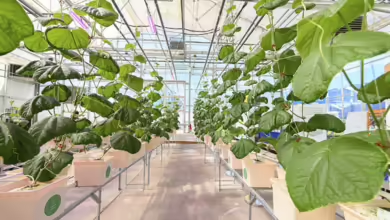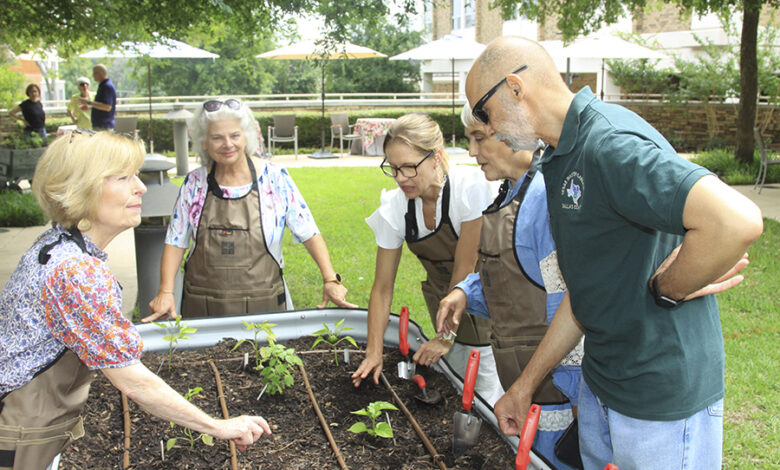
In recent years, horticultural therapy has gained recognition as an effective practice for improving the overall well-being of individuals across various age groups. One demographic that can benefit from this therapeutic practice is older adults. As adults age, they can experience physical, memory, cognitive, and socialization challenges. Horticultural therapy can help teach new skills or regain those that may have been lost and improve memory, task initiation, physical strength, and coordination.
According to one of our community partners, Katerina Velasco Graham, horticulture extension agent at Texas A&M AgriLife, “Gardening is proven to be an economically sound, nonpharmacologic intervention that can treat health conditions common to older adults, decrease the incidence of obesity and sedentary lifestyle, prevent cognitive decline and depression, encourage social integration and improve successful aging, all while decreasing the cost of health care.”
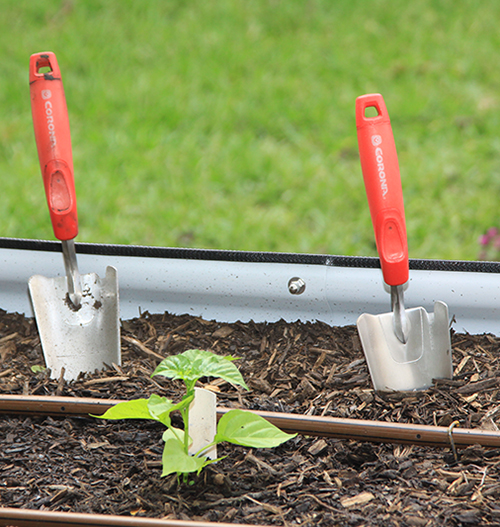 A few benefits of digging in the dirt can positively impact an individual’s overall health and quality of life. Here are a few examples:
A few benefits of digging in the dirt can positively impact an individual’s overall health and quality of life. Here are a few examples:
- Enhancing Physical Health: Gardening activities such as planting, weeding, and harvesting involve motor skills and physical movements that can improve strength, coordination, and flexibility. The gentle physical activity associated with horticultural therapy can help older adults maintain or improve their mobility, joint function, and balance. Additionally, exposure to natural sunlight stimulates vitamin D production, essential for bone health, and helps prevent certain age-related conditions like osteoporosis.
- Cognitive Stimulation: Horticultural therapy encourages cognitive stimulation, making it an ideal activity for seniors seeking mental engagement. Gardening tasks require attention to detail, problem-solving, and planning, which can enhance cognitive function and help maintain mental acuity. For seniors at risk of cognitive decline, horticultural therapy can serve as a protective measure, reducing the likelihood of conditions such as dementia and Alzheimer’s disease. The sensory experience of working with plants also stimulates memory recall and provides a soothing environment for the mind.
- Emotional Well-being: The emotional benefits of horticultural therapy for seniors are profound. Nurturing plants and watching their growth fosters a sense of purpose, accomplishment, and self-worth. The therapeutic environment of a garden or greenhouse offers a calming and peaceful atmosphere that reduces stress and anxiety. Connecting with nature through horticultural activities can also improve mood, alleviate symptoms of depression, and promote overall emotional well-being. Seniors may also find solace and enjoyment in the social aspects of horticultural therapy, such as participating in group gardening activities or sharing their gardening experiences.
- Social Interaction and Community Engagement: Gardening brings people together and creates opportunities for social engagement and community building. Participating in group gardening sessions or joining gardening clubs allows connecting with like-minded individuals, sharing knowledge, and forming new friendships. These relationships can create a sense of belonging and reduce feelings of isolation and loneliness, which are common among older adults. Additionally, horticultural therapy programs often involve intergenerational activities, which allow different generations of family or friends to come together and work side-by-side to share wisdom and experiences.
- Meaningful Lifelong Learning: Whether growing vegetables or flowers or creating beautiful landscapes, seniors can find purpose and fulfillment in their gardening activities. Learning new gardening techniques while discovering plant varieties and sustainable practices can stimulate intellectual curiosity and personal growth.
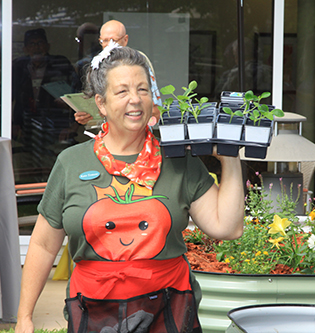
To enrich the lives of its residents and senior adults in the greater Dallas community, CC Young — with the assistance of community partners including Texas A&M AgriLife, Dallas County Master Gardener Association, Texas Discovery Gardens, and Greater North Texas Orchid Society — had a vision to enhance and grow the horticultural therapy program is now a reality.
The program includes a new greenhouse and multiple Vego modular garden beds used for growing herbs, vegetables, and flowers in the courtyard of The Point, located in the heart of CC Young’s 20-acre campus.
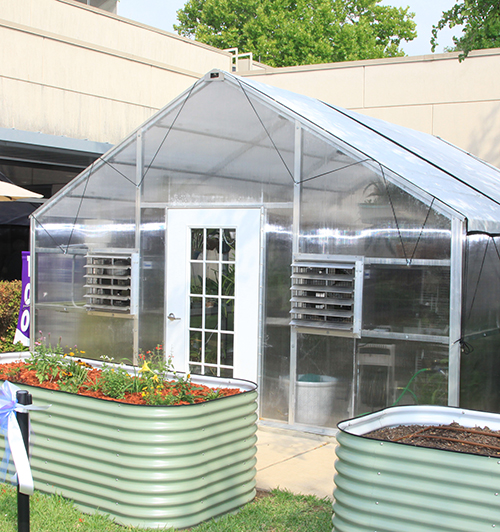
A significant portion of the courtyard space includes a pollinator garden that provides food for bees and butterflies, which play a vital role in pollinating crops and sustaining the ecosystem.
Additionally, there is a cutting bed that residents and non-residents can use to plant and grow flowers for fresh-cut bouquets, as well as a garden dedicated to harvesting vegetables for cooking lessons on campus or donated to local food pantries.
The greenhouse allows residents to care for and propagate orchids and other plants that provide beauty, healing, and restorative properties.
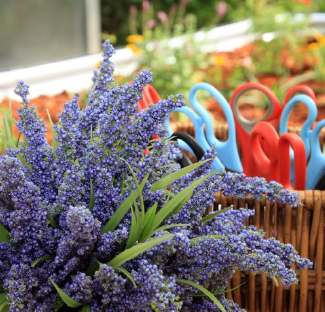 “CC Young is becoming a model for senior living communities in Dallas and across the state,” Graham said. We must keep up the momentum and make community gardening the norm, not the exception, so we continue supporting and growing healthy communities.
“CC Young is becoming a model for senior living communities in Dallas and across the state,” Graham said. We must keep up the momentum and make community gardening the norm, not the exception, so we continue supporting and growing healthy communities.


